Urgent
Federal Tax Authority carries out 40,000 inspection visits in 2023, an annual increase of 80.71%
 Record-breaking edition of Arabian Travel Market opens tomorrow
Record-breaking edition of Arabian Travel Market opens tomorrow
 40 flights cancelled on South Korea's Jeju Island due to bad weather
40 flights cancelled on South Korea's Jeju Island due to bad weather
 Muslim Council of Elders Pavilion seminar at ADIBF 2024 highlights UAE
Muslim Council of Elders Pavilion seminar at ADIBF 2024 highlights UAE
 Mohammed bin Rashid issues Decree forming ‘Dubai Council’
Mohammed bin Rashid issues Decree forming ‘Dubai Council’
 ACRES Real Estate Exhibition to spotlight 120 projects on 16th May
ACRES Real Estate Exhibition to spotlight 120 projects on 16th May
 Sharjah Chamber concludes participation in International Handicraft Exhibition in Florence
Sharjah Chamber concludes participation in International Handicraft Exhibition in Florence
 94% of financial transactions occur outside branches: Emirates NBD
94% of financial transactions occur outside branches: Emirates NBD

 Record-breaking edition of Arabian Travel Market opens tomorrow
Record-breaking edition of Arabian Travel Market opens tomorrow
 40 flights cancelled on South Korea's Jeju Island due to bad weather
40 flights cancelled on South Korea's Jeju Island due to bad weather
 Muslim Council of Elders Pavilion seminar at ADIBF 2024 highlights UAE
Muslim Council of Elders Pavilion seminar at ADIBF 2024 highlights UAE
 Mohammed bin Rashid issues Decree forming ‘Dubai Council’
Mohammed bin Rashid issues Decree forming ‘Dubai Council’
 ACRES Real Estate Exhibition to spotlight 120 projects on 16th May
ACRES Real Estate Exhibition to spotlight 120 projects on 16th May
 Sharjah Chamber concludes participation in International Handicraft Exhibition in Florence
Sharjah Chamber concludes participation in International Handicraft Exhibition in Florence
 94% of financial transactions occur outside branches: Emirates NBD
94% of financial transactions occur outside branches: Emirates NBD



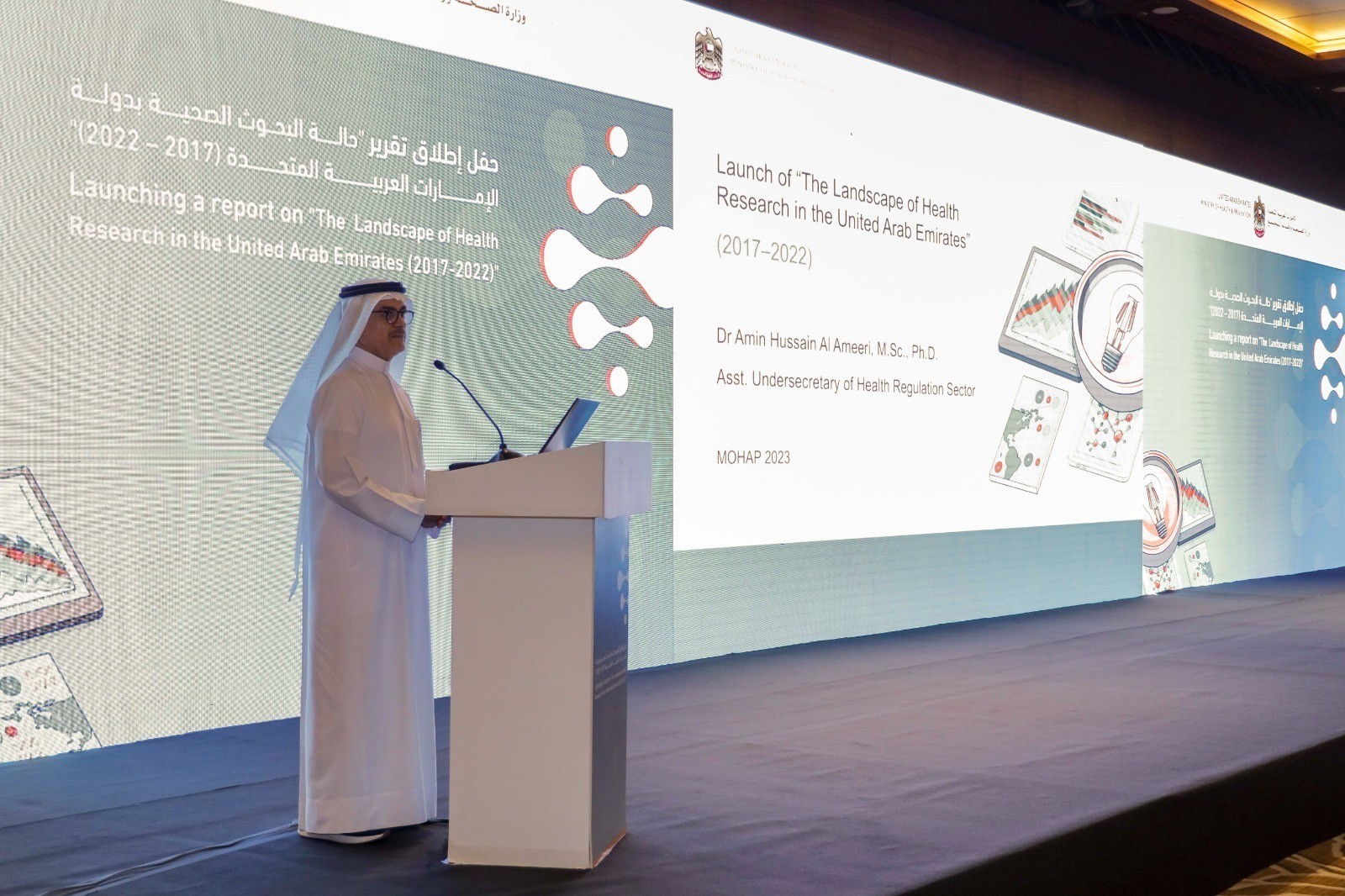


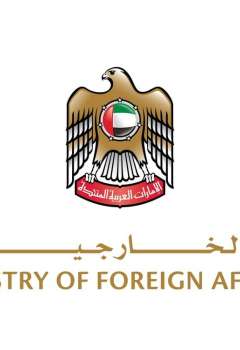

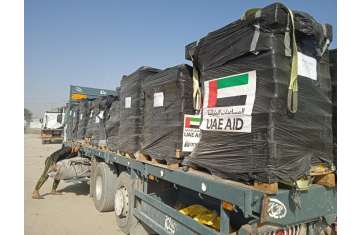
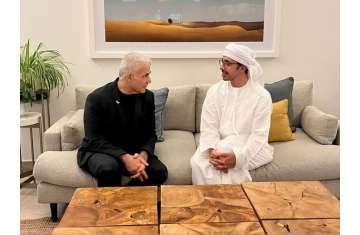
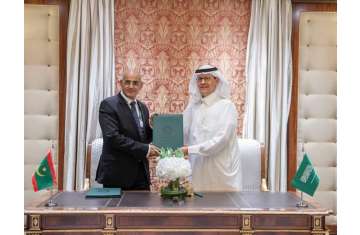
Comments